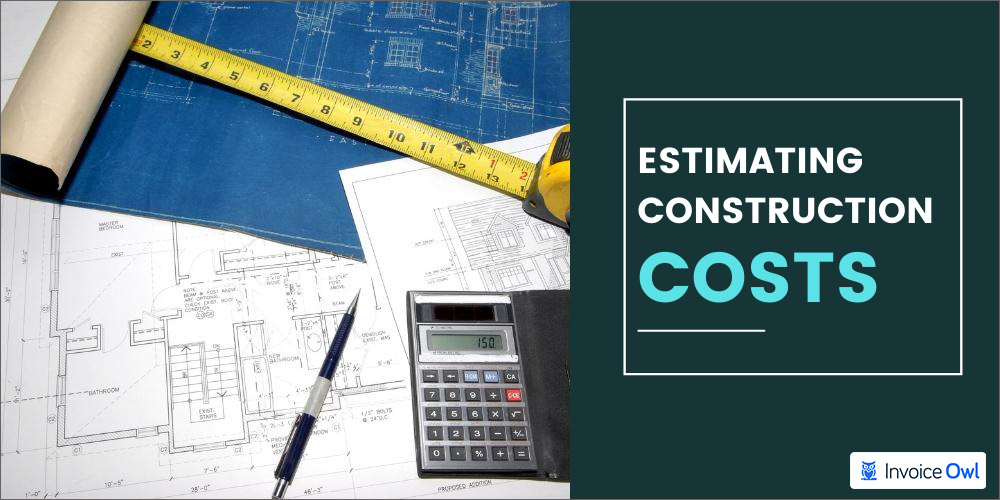Building Construction Starts with the Right Estimator

In the evolving environment of the construction industry Estimators are emerging as key players shaping the future of how buildings are designed and constructed, as well as how they are budgeted and constructed. Their expertise extends beyond number crunching. They are strategic players that influence key decisions from the beginning to the end. As projects become more complex and complexity, the importance of estimates online becomes more important for achieving successful results.

Estimators are accountable for analysing the specifications of projects designs, plans for design, material requirements, and labor requirements to create accurate and realistic cost projections. They form the financial foundation upon which plans for construction are based. Through their knowledge they can help stakeholders assess the project's feasibility, secure funding, and make informed decisions early in the process of development.
One of the primary ways that estimators can influence their future construction through promoting transparency in finance and accountability. Accurate estimates ensure that budgets are based on actual data, which reduces the chance of spending too much or resource mismanagement. A high level of accuracy also lets project managers compare options, prioritize features, and manage costs without compromising quality.
As the business sector embraces technological advancements Estimators are becoming more technologically adept. The use of building information modeling (BIM), digital takeoff software, and the cost estimation program has revolutionized the way they operate. These tools allow for real-time adjustments, collaboration planning, and greater precision in forecasting project expenses. By integrating technologies into workflow, estimaters enhance project efficiency and help teams adapt quickly to changing conditions.
In addition, estimators play an vital part in sustainability. By analyzing the long-term costs of materials, energy usage, and maintenance and guiding the design process to create sustainable and environmentally-friendly structures. Their ability to evaluate both the initial investment and its lifecycle value contributes to the increasing need for sustainable building practices.
Collaboration is another area where estimators are making an lasting impact. They usually work with architects, engineers, contractors, and Project managers in order to guarantee alignment between the vision of the designer and the financial goals. This coordinated approach reduces delays and reduces the need for design revisions and keeps the project on track.
In conclusion Estimators are not in the background, but are actually strategic professionals shaping the future of building construction. Their role in balancing creativity, cost and constructability is vital in ensuring that projects meet expectations and stand the test of time. As construction continues to change, the insights and skills of professional estimators will remain essential to build more efficient, smarter, and long-lasting structures.
